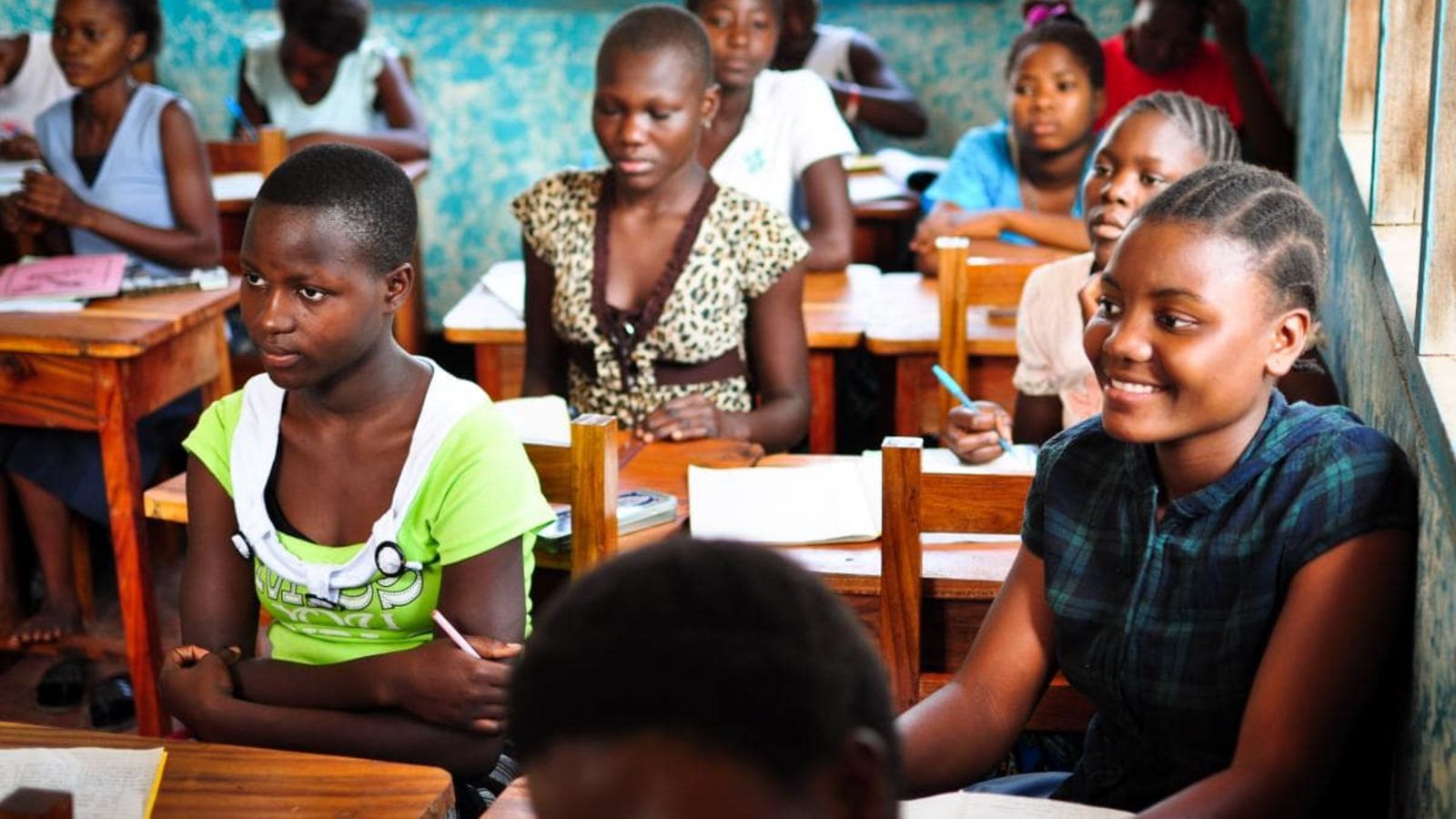by Adonai Beyond
Share

The ongoing crisis in Cameroon’s English-speaking regions has severely impacted the education of children, with consequences that may resonate for generations. Since the onset of the conflict in 2016, countless students in the North-West and South-West regions—Cameroon’s Anglophone areas—have endured significant disruptions to their schooling. Violence, school closures, and displacement have forced many out of the classroom, denying them access to learning and putting their futures in jeopardy. Addressing the educational needs of these children and providing solutions to secure their right to an education is not only urgent but also essential to the long-term stability and prosperity of the country.
School Closures and Limited Access to Education
The most immediate impact of the crisis has been the widespread closure of schools across the English-speaking regions. In many areas, schools have been directly targeted by separatist fighters who view education as a symbol of government control. Teachers, students, and school administrators have been threatened, abducted, or even killed for attempting to continue classes, leading many schools to close indefinitely. As a result, an estimated 80% of schools in the affected regions have been shut down at some point during the conflict, leaving hundreds of thousands of children without access to formal education.
In a society where education is key to breaking the cycle of poverty, these closures are catastrophic. Students who are unable to attend school not only fall behind academically but also lose opportunities for social development and skill-building. These lost years of education are difficult, if not impossible, to recover, and the lack of a safe learning environment has lasting consequences for children’s futures.
The Psychological Toll of Violence and Displacement
The ongoing violence has forced thousands of families to flee their homes, displacing entire communities and disrupting the lives of countless children. Many families have sought refuge in neighboring Francophone regions or nearby countries, leaving children in unfamiliar environments without the comfort or stability of a regular school. The trauma of displacement, coupled with the fear of ongoing violence, creates psychological barriers that impact children’s ability to learn and engage academically. Studies have shown that children exposed to violence and conflict often suffer from mental health challenges, including anxiety, depression, and PTSD, which can impair their cognitive abilities and affect their educational performance.
Moreover, displaced children frequently face language and cultural barriers in their new locations. Francophone schools may not be able to accommodate English-speaking students effectively, leading to gaps in understanding, exclusion, and even isolation. This linguistic divide compounds the educational setbacks, further alienating these children from the opportunity to learn and develop.
The Rise of Informal Education and Home-Based Learning
In response to school closures, some communities have turned to informal education options, including home-based learning, religious schooling, or small, clandestine classes taught by volunteer teachers. While these makeshift solutions provide some continuity in learning, they are often under-resourced, inconsistent, and limited in scope. Volunteer teachers frequently lack adequate training, and without access to proper textbooks, teaching materials, or even a safe location to hold classes, students in these settings miss out on a comprehensive education.
Additionally, informal education cannot fully replace the structure and curriculum of formal schooling, which limits students’ chances of passing national exams or continuing to higher education. The lack of a standardized educational experience leaves students underprepared, unqualified for future job opportunities, and often unable to pursue secondary or university education, thereby perpetuating a cycle of marginalization and poverty.
The Impact on Teachers and the Future Workforce
Teachers in Anglophone regions have been directly affected by the conflict, facing threats to their safety and their livelihoods. Many have been forced to leave the profession or relocate to Francophone regions where their skills may not be fully utilized due to linguistic or cultural differences. This loss of trained educators is detrimental to the region’s education system and the quality of education students receive. The crisis has also deterred many young people from pursuing teaching careers, leading to a shortage of teachers that will likely be felt long after the conflict ends.
The long-term consequences of these educational disruptions could be profound. With limited access to quality education, Cameroon’s English-speaking youth are at risk of falling behind their Francophone peers in terms of skills, qualifications, and employability. This disparity has the potential to deepen the existing socio-economic divides within the country and may contribute to further tensions in the future.
Reimagining Solutions for Educational Access Amid Crisis
While the situation remains complex and challenging, there are pathways to begin addressing the educational needs of children in Cameroon’s Anglophone regions. International and local organizations have attempted to set up alternative schooling options, including online education platforms and radio-based learning. These approaches allow children to access some form of education even amid instability, but they require infrastructure support such as internet connectivity and access to radios—both of which can be limited in rural areas.
A concerted effort from the Cameroonian government, in partnership with international aid organizations, is essential to ensure that these students do not become a lost generation. Peace negotiations and conflict resolution efforts must prioritize education as a critical component of rebuilding these regions. Providing safe spaces for learning, reestablishing schools, and offering psychological support for affected children can foster resilience and help these communities move toward a more hopeful future.
Conclusion
The crisis in Cameroon’s English-speaking regions has gravely impacted the education of thousands of children, depriving them not only of academic growth but also of the stability and security that schools provide. The long-term effects of these educational setbacks will likely be felt across generations, exacerbating socio-economic disparities and fueling further instability. However, with dedicated support, innovative educational strategies, and a commitment to peace, it is possible to restore educational access and give these children the opportunity to build a brighter future. Prioritizing the education of children in conflict zones is more than an act of compassion; it is an investment in peace and prosperity for Cameroon as a whole.

